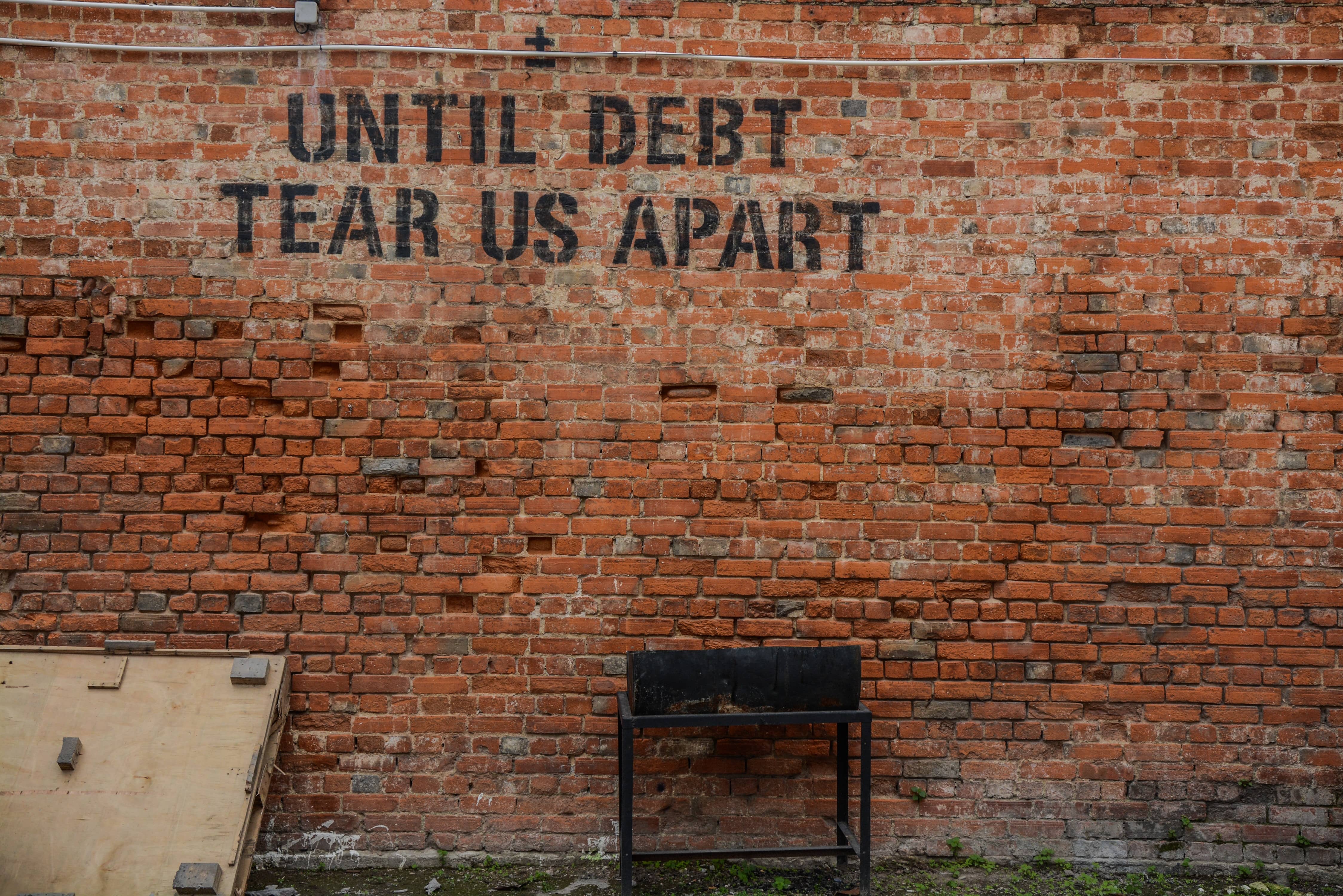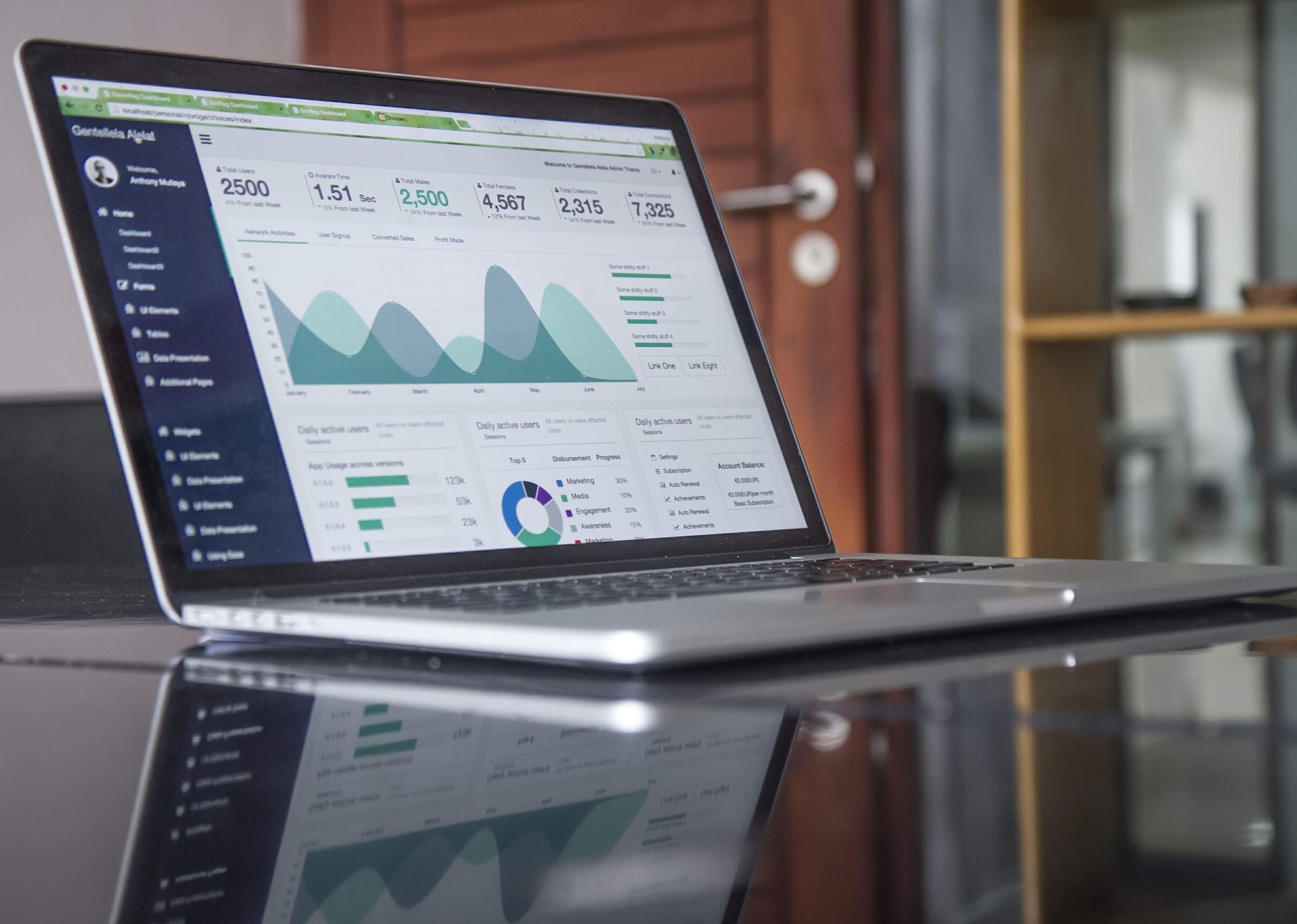
There are so many people we hire to make our lives better and save us time. We hire psychologists to help us tackle the challenges of life, we hire gardeners to make our lawns look beautiful and cleaners to help save us time so we can have more time for the things we enjoy doing. One thing that many of us may not know about, or may not have thought about hiring is, someone to help support us with our finances.
Financial Coaching is a fairly new service and one that you might have never heard about. If you have or haven’t heard of a ‘Financial Coach’ and are curious as to how they might be able to help you when it comes to your finances, here’s some info to help you get to know a little bit more about what a Financial Coach is and what they do.
What is a Financial Coach?
A Financial Coach is an accountability partner and soundboard, to support you with making financial decisions, to be there to guide you through those unexpected financial issues that always seem to pop up out of the blue, and help you set and achieve your financial goals sooner!
What’s the Difference Between a Financial Advisor and a Financial Coach?
A Financial Advisor and Financial Coach may seem like they do the same thing but they add very different value to their clients.
A Financial Advisor will work with their clients to help them plan for their financial future. Some of the things they can help their clients with are; investing, insurance, taxation, estate planning, and retirement planning. They help their clients with selecting the right investment products and asset allocations for their risk tolerance and work with their clients to build the retirement they desire.
A Financial Coach is focused on helping their clients with their day-to-day money management. They are an accountability partner that’s there to help their clients identify their financial goals, make a sustainable plan for their money and help their clients follow through on those goals.
Financial Coaches are there to strategise and problems solve with you as life throws new financial obstacles at you (and let’s face it, these are always going to come up).
What Can a Financial Coach Help You With?
A Financial Coach can provide judgment-free support and be an accountability partner that can help you with budgeting skills, paying off debt, saving money, setting up systems to manage your day-to-day finances, learning new money habits, building a positive money mindset, goal-setting, and planning ahead with your money. They can help you:
- Gain clarity over your finances so you know where your money is going each paycheck
- Create a plan for your money that is sustainable
- Set up easy-to-use systems to help you keep track of your finances
- Resolve financial challenges you are experiencing
- Identify your financial goals and help you achieve your desired results faster
- Pay down debt and understand the reasons you are going into debt so you can stop the debt cycle
- Find extra money in your budget to contribute to your retirement fund
- Change your money habits
- Identify your money values so you can spend your money with more intention and create your ideal life

Why Should I Hire a Financial Coach?
Money is the #1 cause of stress in Australia (Medibank May 2022 survey). Money stress can have a hugely negative effect on people in all facets of their lives. Financial Stress doesn’t end at your wallet and limit itself to impacting your finances alone. The ripple effect caused by money stress can affect other many areas of your life such as your sleep, health, relationships, parenting, and quality of life.
Your finances can be a difficult or uncomfortable thing to discuss with your spouse, family, friends, and colleagues. You might not know anyone in your personal circle that you can turn to for a judgment-free discussion around money.
You may have tried to discuss finances with someone close, but found that their responses were unhelpful or that they have their own financial money blocks or negative views about money. You might walk away from that conversation feeling more confused or frustrated at responses like “oh we’ll always be broke” or, “things will only change if we win the lotto”.
You might have been struggling with your finances for some time and are starting to feel hopeless about getting ahead, not knowing who can help you turn your financial future around.
This is where a Financial coach can help you. A Financial coach is there to help you talk about your financial challenges, goals, and dreams in a safe, supportive, and confidential space.

What Are The Benefits of Financial Coaching
Improving your finances, will certainly help your finances, but Financial Coach has many benefits outside of more dollars in your bank account.
By removing roadblocks and financial challenges, many different areas of your life will improve, some that may not seem like they have anything to do with finances! But when you look deeper at your financial challenges you will start to see how much financial stress can impact other areas of your life.
A Financial Coach can work with you and help you to:
- minimise or eliminate stress around money
- sleep better
- spend your money in alignment with your values
- minimise impulse spending
- strengthen your relationship with your spouse
- feel more confident with financial decisions
- be a more present parent as well as, set an example to your children with good money habits
- build your ideal life so you can do the things you always dreamed of and
- create more happy memories with your family and friends
- feel financially healthy
Why Should I Hire a Financial Coach When There is so Much Free Info Online?
Having all this information can be helpful for some, but extremely overwhelming for others. Not everyone has the time or patience to figure things out slowly. Plus the trial and error can take years and when we tackle a goal, most of us need to see progress very quickly to keep us motivated to keep going. If we don’t see that progress almost immediately we might give up before we’ve made any long-term changes to our financial habits.
I know when I was starting my business, for the first year I was determined to figure it all out myself. I didn’t want to spend money as I wasn’t ready to see the value in investing in my education. I watched endless youtube videos, read blogs, listened to podcasts and joined business Facebook groups, and consumed as much free information as I could. This was super helpful but didn’t quite get me as far ahead as I had hoped. There were so many gaps I needed to fill and I really just needed someone I could ask that could guide me in the right direction.
Within 12 months, I found myself not closer to where I wanted to be in my business, I felt like I was spinning my wheels. I needed someone to take all the information for me and put it into a structured plan I could follow and knock out those action steps so I could make progress more quickly.
I finally took the leap and invested in myself and purchased a course I had been considering buying for months. Immediately I felt a sense of relief that someone else that has done all the trial and error themselves and was going to give me the tools and know-how, that I needed to move forward with my business. I can’t imagine how much further behind I would be if I had just kept on struggling and not allowed myself to spend money on something that was going to add value to my life.
If you’re busy and short on time, you may not have the time to research and find the right financial tools to make progress with your finances or figure out the best plan of action for you. If you don’t see yourself moving forward and getting results with your finances after trying to on your own for so long you may lose the motivation you had at the start and end up not making any progress at all.
When working with your Financial Coach you will be in good hands, they’ll be there as your accountability partner to help you stay the course with your financial goals.
A Personalised Approach
Financial Coaching is not your one size fits all approach like some of the financial expert’s advice out there. If finances were just a ten-step plan that was straightforward forward we would all be debt free, retiring early and rolling in money right?
Personal Finances is so much more than just simple steps. It is personal! Each person’s financial journey is different. If you ignore the behaviour, habits, and don’t get to the crux of what motivates you and why this is important to you, you may struggle to move forward with your financial goals.
Your coach will take the time to get to know your financial dreams, personal challenges, and goals and help you to overcome those roadblocks stopping you from getting you where you want to be in life. You may have tried different financial tools to manage your finances before but found that they didn’t work for you. A Financial Coach will be there with you as new financial issues arise to help you strategise and brainstorm new solutions and find the right tools and systems that work best for you.
Finding the Right Fit With a Financial Coach
Financial Coaches are not a one size fits all. Many have very specific niches in order to help people with very specific goals. Often in areas that they are passionate about, or have walked through themselves so you know that you are in good hands as most likely your coach has been where you are before.
A Financial Coach might exclusively work with engaged couples to help the couple set themselves up for a happy financial future with their new husband or wife. Others, work with teenagers to help set them up with the financial skills they need to navigate their steps into adulthood or exclusively work with divorced men and women to help them with their finances to build their new life after a divorce.
Can I Afford to Hire A Financial Coach?
It can be difficult to make the decision of hiring a Financial Coach when you are trying to pay off debt and save money. Paying for Financial Coaching can seem counterintuitive at this stage right?
But the decision to delay or not seek help if you are facing financial challenges may result in you ending up prolonging your financial challenges. The cost of inaction when it comes to your finances may result in a much higher cost than the investment in working with a Financial Coach. You don’t want to delay taking action with your finances and delaying your financial progress. This is especially true if you are planning to take advantage of Compound Interest! The sooner you pay off your debt and get investing the better for future you!
The best investment you can make is in yourself – Warren Buffett
Investing in yourself can be the best use of your money and something many of us are reluctant to do. Why are we so reluctant to spend money to invest in ourselves – afterall, we are our most important investment!
Hiring a Financial Coach will benefit you in the long term and lead you on a path to spending your money on things that truly matter to you. It will also allow you to start your financial journey & achieve your financial goals sooner, making stressing over money a thing of the past. If you’ve hired someone to help you before with anything, whether that be gardening, painting, or cleaning, have a think about how awesome it’s going to be hire someone that’s able to not only help you move forward with your financial goals, but is going to cover their fee many times over by saving you money over your lifetime!
If you see the value in hiring a Financial Coach but are not sure if you can afford one, the great news is you’ve got a budgeting expert who will be there to help you with strategising your budget options so you can find a way to afford to hire a Financial Coach without you having to put your financial goals on hold.
This is a perfect example of how a Financial Coach can help you move from a negative money mindset permeated with feelings like; ‘I can’t afford it’ to a more positive money mindset, where we can come from a more inquisitive mindset and turn that language on its head such as replacing language like ‘I can’t’ to ‘This is important to me, how can I afford it?’. Think of the amazing things you can do in life when you learn how to make the things you want to do a reality!
How Can I Work With a Financial Coach?
If you are interested in learning more about the benefits of working with a Financial Coach, click the link below to book your complimentary Q&A session with Financial Coach Jess to discuss your current financial goals and challenges and see how we can help you achieve your most important financial milestones.
Financial Coach Jess is here to help you spend your money with intention so you can create your ideal life. You can learn more about Financial Coach Jess and her services here.








